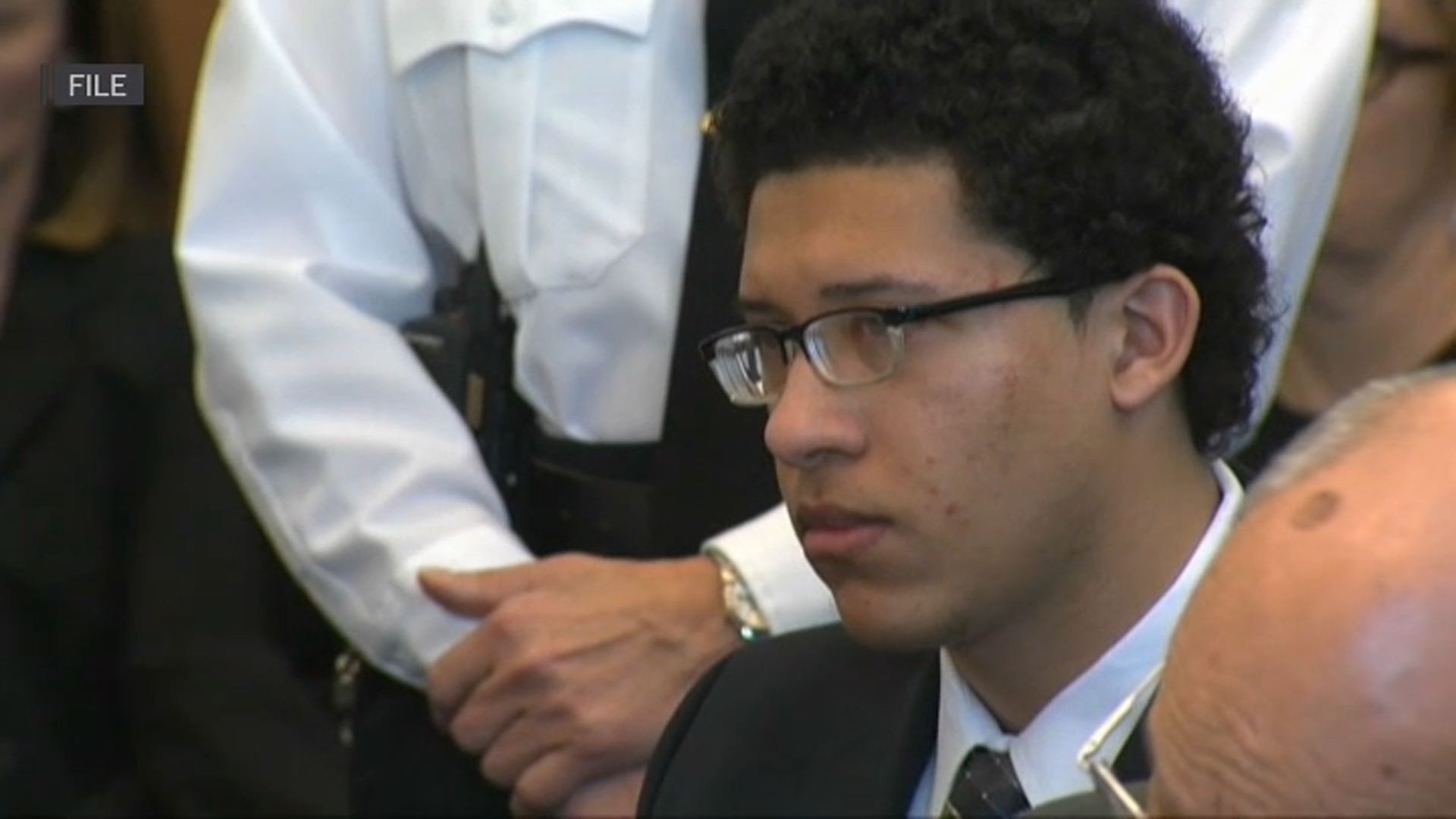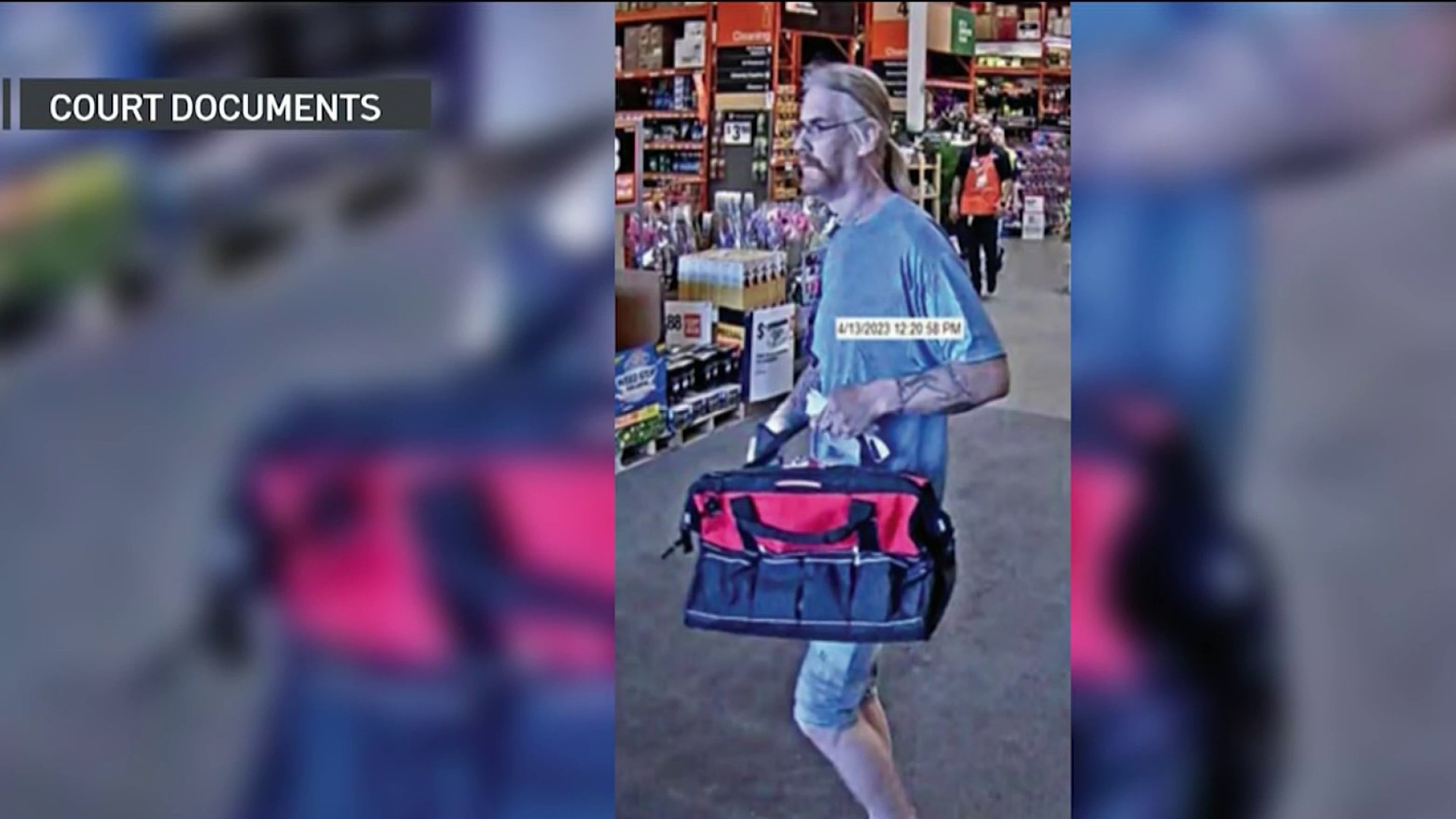The MBTA board voted Monday to back substantial investment in the Commuter Rail, calling for electrification of the system and more frequent service through the most dense corridors in a step that transportation advocates praised as historic.
The Fiscal and Management Control Board unanimously voted to adopt resolutions that call for the T to develop a "Commuter Rail transformation office" within three months. It will then oversee long-term work to electrify most of the network and run trains with 15-minute headways between key stations in a regional or urban rail model.
The decision still leaves questions unanswered about how the MBTA will pay for the changes, which will carry a price tag in the billions. Onlookers and activists who have long called for railway improvements complimented the board for supporting a plan to improve transit equity, take cars off congested roadways and reduce greenhouse gas emissions.
"It's definitely a win," said Jarred Johnson, chief operating officer of the TransitMatters advocacy group. "It's a win for better service, it's a win for equity concerns, and I think they also heard the call loud and clear that commuter rail fares have to be much, much more affordable."
The improvements will start on three lines. One resolution the board adopted instructs T officials to immediately prepare to launch electrified pilot programs on the Providence/Stoughton Line, the Fairmount Line, and a section of the Newburyport/Rockport Line that connects Boston to Lynn, Revere, Chelsea and Everett. It's sometimes referred to as the "environmental justice line."
The resolution also calls for service on the Fairmount Line and the "environmental justice" section of the Newburyport Line to be as frequent — and at the same fare level — as rapid transit.
Although those pilots would be the first phase of a broader transformation, it is not clear when they might begin. MBTA General Manager Steve Poftak said Monday that it could take two to four years to acquire electric trains for the programs.
Massachusetts
The latest news from around the state
Transportation Secretary Stephanie Pollack raised concerns during the meeting about the board backing specific pilots as a starting point for the transformation without a clear sense of operating costs, fare revenue changes and other key factors.
But members stressed they believe there are "actionable" steps worth targeting as soon as possible, citing a sense of urgency around rider-centric improvements.
"Let's see what happens. Let's go at it," said Joseph Aiello, the board's chair. "If we keep studying and studying and studying and don't commit ourselves to going to implementation, we'll be here in 20 years again at the same point."
With Monday's vote, the board also urged the Legislature to act quickly on procurement reforms that Gov. Charlie Baker included in his multi-year transportation bond bill, which members said are crucial to ensuring success for the major infrastructure work.



